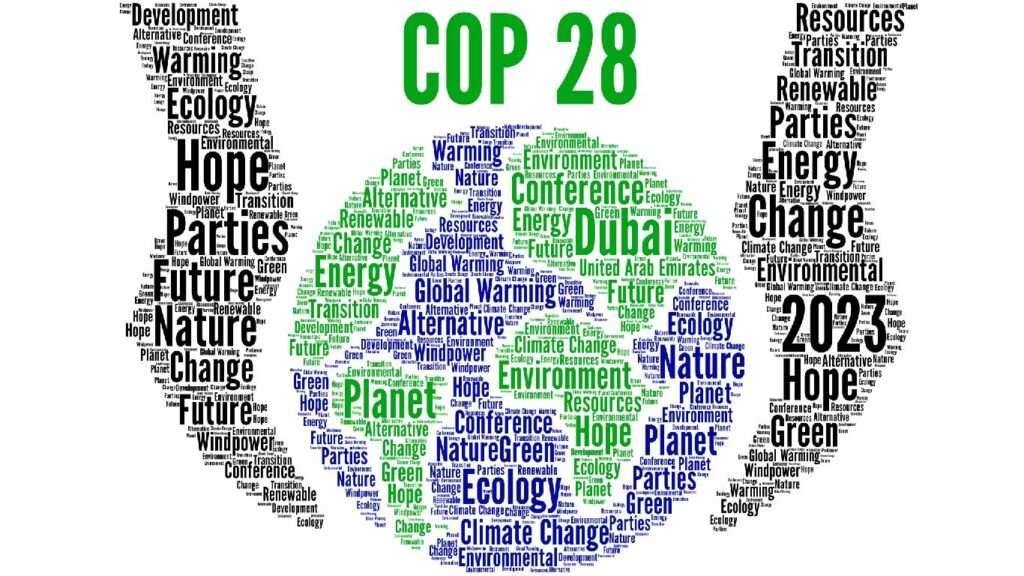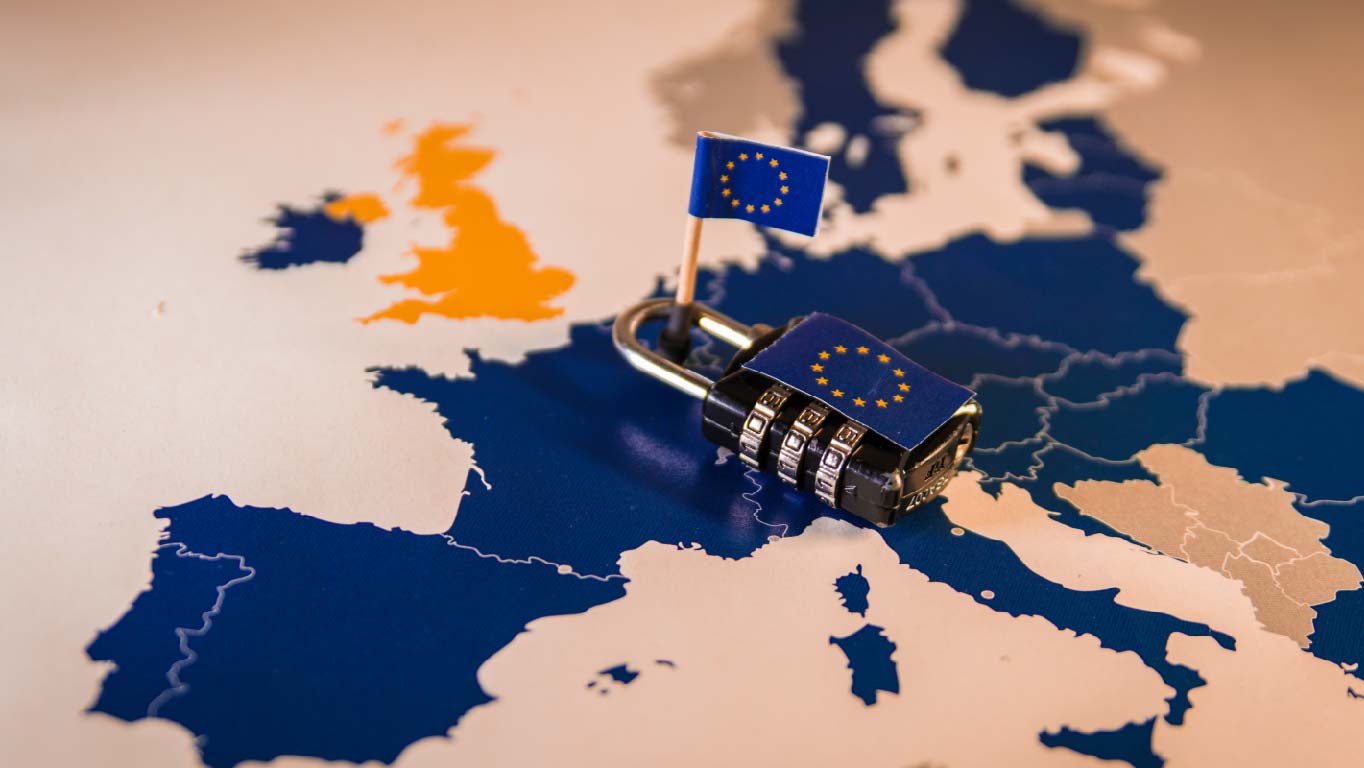Anti Financial Crime
Table of Content
Introduction
With the recent adoption of the EU’s 13th sanctions package against Russia, we sought insights from our senior legal officers at Wiacon, Negin Ajam and Nasim Zargarinezhad.
The EU’s decision to sanction Chinese firms, among others, aims to disrupt the supply chain of vital drone components to Russia, especially given the ongoing conflict in Ukraine.
This strategic move highlights the EU’s dedication to preventing sanctions evasion tactics and restricting Russia’s access to military technology through intermediary nations. Leveraging their expertise in European and International law, as well as sanctions compliance, our legal officers offer their perspective on the challenges posed by extraterritorial sanctions and provide insights on how to ensure the effectiveness of EU measures.
Recently, the EU Council adopted its 13th sanctions package against Russia in response to the Russian invasion of Ukraine. To disrupt the supply chain of vital drone components to Russia, the EU sanctioned several Chinese firms for the first time, aimed at preventing sanctions circumvention tactics facilitating Russia’s acquisition of military technology through intermediary nations. Alongside the Chinese entities, other third countries’ firms have been included in the expanding EU sanctions list. [1]
The recently added entities either supply vital drone components to Russia’s arms industry or are linked to drone procurement, indirectly bolstering Russia’s military and industrial complex in its aggressive actions against Ukraine by trading in electronic components for the Russian military infrastructure. However, it should be noted that targeting third-country firms or individuals is not exclusive to the EU 13th package; prior packages of EU sanctions against Russia also aimed at a limited number of individuals or businesses from Iran, Uzbekistan, Syria, the United Arab Emirates, China (specifically Hong Kong), and Singapore. [2]
China recently accused the EU of extending its sanctions jurisdiction beyond European borders. [3] This has raised questions about whether the EU has been moving towards the introduction of secondary or extraterritorial sanctions, similar to those employed by the US, against which the EU has consistently voiced opposition and criticism.
Understanding Territorial and Extraterritorial Sanctions
Territorial sanctions are those sanctions that are implemented within the territory of a country or jurisdiction. The EU has clarified its jurisdictional reach of sanctions, stating that “EU sanctions apply within the jurisdiction (territory) of the EU; to EU nationals in any location; to companies and organizations incorporated under the law of a Member State – including branches of EU companies in third countries; on board aircraft or vessels under Member States’ jurisdiction.” [4]
Extraterritorial sanctions, also known as secondary sanctions, are measures that apply beyond a nation’s territory and target individuals who are neither citizens nor residents of the sanctioning state. A notable example is the US sanctions targeting Iran’s energy sector. As a repercussion, individuals conducting business with the sanctioned country are barred from further dealings with the US and are also prohibited from utilizing the US dollar.
Extraterritorial sanctions play a crucial role in enhancing the effectiveness of sanctions regimes by addressing potential loopholes in implementation. By extending sanctions beyond a nation’s borders, these measures can prevent targeted entities from circumventing restrictions through offshore activities or third-party intermediaries. This comprehensive approach strengthens the impact of sanctions and reinforces international efforts to uphold the intended restrictions on sanctioned entities.
The EU clarified its stand against the extraterritorial sanctions by stating that “The EU refrains from adopting sanctions having extra-territorial application in breach of international law.” [4]
EU Sanctions Evasion via Third Countries: Export Shift
A recent study by the Lille-based IÉSEG School of Management unveiled that EU sanctions against Russia are being widely evaded through third countries. This reinforces the growing concerns that substantial portions of European exports initially destined for other regions are ultimately redirected to Russia.
The report indicates a significant shift in EU export patterns concerning certain goods. From October 2022 to September 2023, exports to Turkey, the United Arab Emirates (UAE), Kazakhstan, and other countries considered friendly to the Kremlin surged by €2.979 billion, marking an 81.55% increase compared to the previous year.
During the same period until September of the previous year, EU exports of these goods to Russia declined by €3.231 billion, representing a substantial decrease of 95.44%.
This data suggests that while EU sales of advanced technology and dual-use items to Moscow experienced a sharp decline, this loss was almost entirely offset by a notable increase in exports of the same goods to countries in West and Central Asia. [5]
Examining the EU's 13th Package Against Russia
In its 13th package, the EU has shifted its focus towards restricting European companies from conducting business with designated entities in third countries like China and India. These measures aim to prevent these businesses from assisting Moscow in circumventing EU sanctions.
The EU is targeting third countries that support Russia, including those that re-export EU military goods and technologies. This contrasts with previous statements from EU representatives, who emphasized that it is the responsibility of EU countries to prevent their products from reaching Russia, rather than placing blame on third countries. [6] However, the decision to sanction firms from these third countries in order to close potential loopholes suggests a shift towards further expanding the jurisdictional reach of EU sanctions to non-EU countries. As some scholars have pointed out, the EU shift in its recent sanctions packages against Russia demonstrates “The creeping extraterritoriality of European sanctions.” [7]
Assessing Effectiveness and Challenges
In assessing the effectiveness of these measures, the discussion inevitably intertwines with the sanctions’ underlying objectives. As per the EU’s perspective, sanctions aim “to bring about a change in policy or activity by the targeted country, part of a country, government, entities, or individuals.” [8] Now, does the act of listing entities from third countries genuinely prompt a meaningful shift in their policies? Perhaps not so much. Sanctions often present third parties with advantageous business prospects, making a change in their behaviour less probable. The potential for these entities to establish new ventures allows them to seamlessly continue operations under different names. So, they will establish other companies and trade under those new names. Given these considerations, the query arises: would it be effective for the EU to repeatedly recognize and list them?
Moreover, another point to consider is that sanctions from other countries cannot remain without a response. Those countries may reply with countersanctions. Considering this, perhaps this shift was not really necessary if the EU tried to focus more on asking entities within its jurisdiction to conduct better due diligence and recognize the end-users of EU products, especially when they trade dual-use products.
Conclusion
The EU’s targeting of third countries that support Russia, including those that re-export EU military goods and technologies, marks a notable shift in its sanction’s strategy. While previous statements from EU representatives emphasized the responsibility of EU countries to prevent their products from reaching Russia, the decision to sanction firms from these third countries suggests a move towards further expanding the jurisdictional reach of EU sanctions to non-EU countries.
It appears that imposing an obligation on EU entities to effectively identify the end user of their products and ensure that they do not end up in Russia could have been a more effective solution than the current policy.
Other articles
Sources:
[1] https://ec.europa.eu/commission/presscorner/detail/en/ip_24_963
[2] https://www.gleisslutz.com/en/news-events/know-how/foreign-trade-law-update-13th-package-eu-sanctions-against-russia-and-new-developments-following-12th-package
[3] https://asiatimes.com/2024/02/what-china-sends-russia-is-none-of-eus-business/
[4] https://www.eeas.europa.eu/eeas/european-union-sanctions_en
[5] https://www.euractiv.com/section/economy-jobs/news/eu-sanctions-on-russia-massively-circumvented-via-third-countries-study-finds/
[6] https://www.eeas.europa.eu/eeas/some-clarifications-circumvention-eu-sanctions-against-russia_en
[7] https://geopolitique.eu/en/articles/the-new-frontiers-of-european-sanctions-and-the-grey-areas-of-international-law/
[8] https://data.consilium.europa.eu/doc/document/ST-5664-2018-INIT/en/pdf








